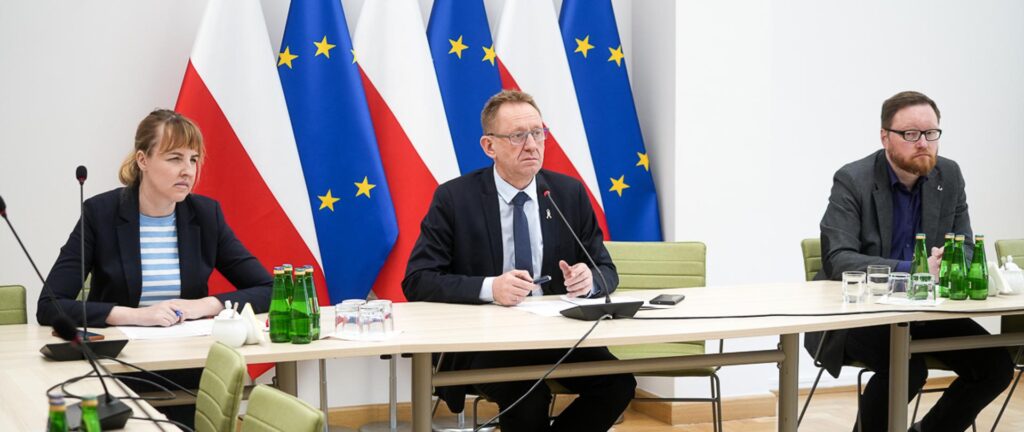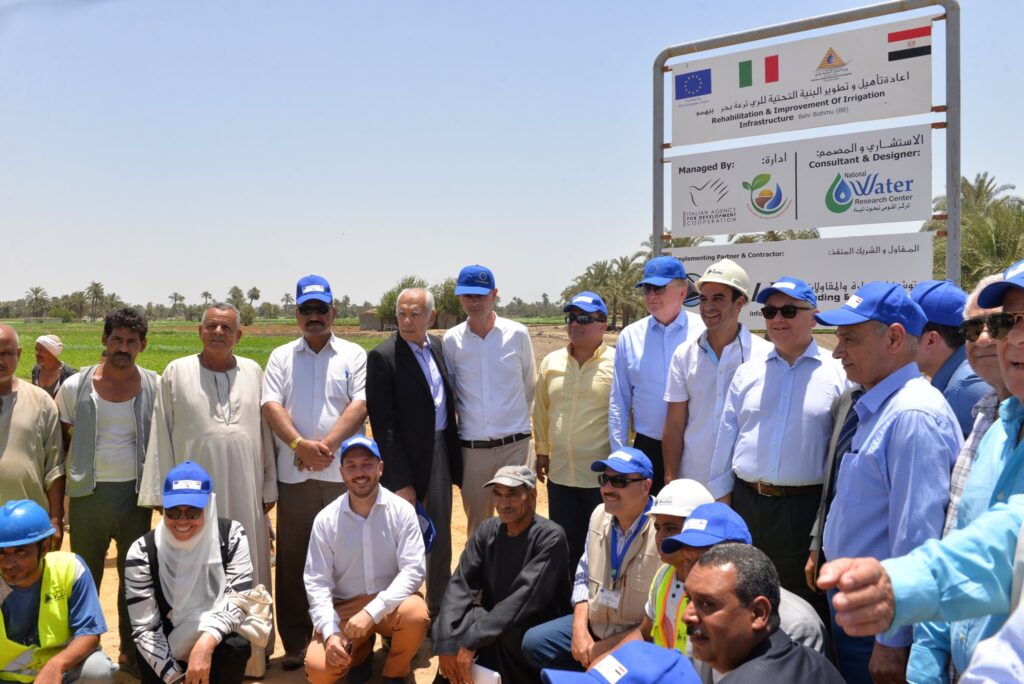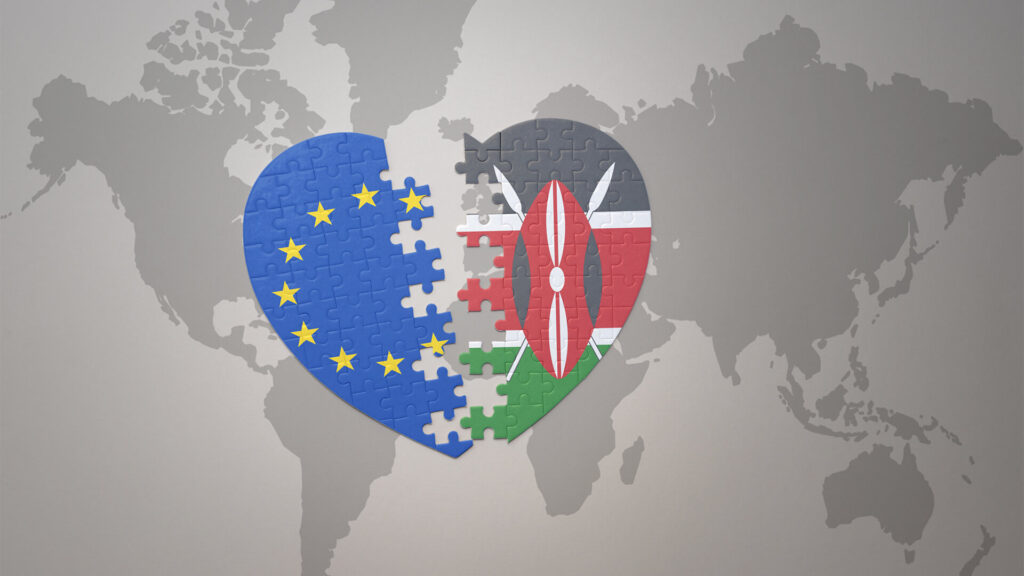The European Union (EU) is home to a diverse array of landscapes, from bustling cities to idyllic rural areas. While the EU is often associated with its economic and political prowess, its rural regions play a vital role in shaping the continent’s identity and sustainability. Rural development in the EU aims to foster balanced growth, improve the quality of life for rural inhabitants, and ensure the preservation of natural resources and cultural heritage. In this article, we will explore the initiatives and policies that drive rural development in the European Union, promoting prosperity and cohesion in its countryside.
The Importance of Rural Development
Rural areas cover a substantial portion of the EU’s landmass and are home to millions of citizens. They contribute significantly to agriculture, forestry, and tourism industries, as well as preserving the EU’s cultural heritage and biodiversity. Despite their significance, rural regions often face unique challenges, including depopulation, limited economic opportunities, and infrastructural gaps. Rural development aims to address these issues by promoting sustainable growth, enhancing access to services, and fostering social and economic cohesion.

Common Agricultural Policy (CAP)
At the core of rural development in the EU is the Common Agricultural Policy (CAP), one of the EU’s oldest and most significant policies. CAP was initially established to ensure food security and stabilize agricultural markets. Over time, it has evolved to incorporate rural development objectives. Through CAP, farmers and rural communities receive financial support, facilitating modernization and investment in agriculture, environmental conservation, and rural diversification. Learn more about replica watches for sale.
Rural Development Programmes (RDPs)
Rural Development Programmes are a crucial component of the EU’s rural development policy. Each EU member state designs its RDPs in alignment with EU guidelines, tailoring them to address specific regional needs and priorities. RDPs focus on areas such as agri-environmental measures, farm modernization, innovation, and rural entrepreneurship. These programs provide financial incentives for projects that promote sustainable farming practices, support rural businesses, and improve infrastructure, thus contributing to the socio-economic vitality of rural regions.
Smart Villages and Digitalization
To revitalize rural areas and make them more attractive for residents and businesses, the EU emphasizes digitalization and smart village initiatives. Access to high-speed internet and digital technologies are critical for fostering innovation and economic growth in rural communities. Smart village projects aim to leverage digital solutions to enhance public services, boost local economies, and improve the overall quality of life in rural regions.

Sustainable Tourism and Cultural Heritage
Sustainable tourism is a key driver of rural development in the EU. Many rural areas possess unique cultural and natural assets that appeal to visitors seeking authentic and off-the-beaten-path experiences. The promotion of sustainable tourism not only generates income and employment opportunities but also fosters the preservation of cultural heritage and environmental conservation.
Green Transition and Environmental Sustainability
The EU places a strong emphasis on the green transition, aiming to create a more sustainable and environmentally friendly future. In rural areas, this involves supporting agricultural practices that prioritize ecological sustainability, investing in renewable energy, promoting biodiversity, and addressing climate change challenges. By promoting sustainable land use and resource management, rural development contributes to the EU’s broader environmental objectives.
Conclusion
Rural development in the European Union is a multifaceted endeavor that seeks to empower and enrich rural regions across the continent. Through policies like the Common Agricultural Policy and Rural Development Programmes, the EU supports farmers, businesses, and communities, fostering economic and social cohesion. Additionally, initiatives promoting digitalization, sustainable tourism, and environmental sustainability contribute to the overall vitality and attractiveness of rural areas. By nurturing its rural landscapes, the EU ensures a balanced and sustainable future for all its citizens while preserving the cultural heritage and natural treasures that define the continent’s identity.

